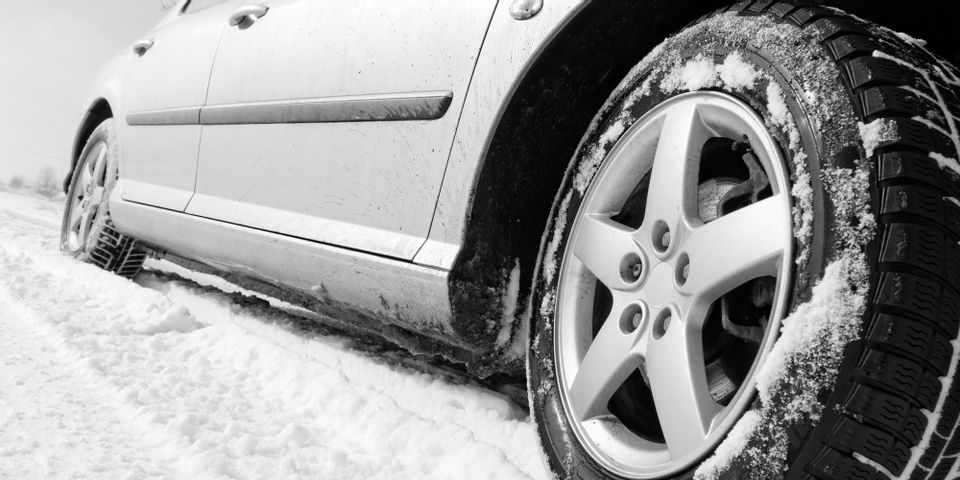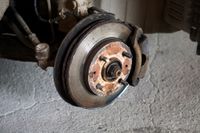
Winter can wreak havoc on your car, but when it comes to your car’s brakes, winter’s freeze-thaw cycles combined with cold temperatures can also make it dangerous for you to drive. Be prepared and check your braking system before the snow hits the ground. Knowing how winter affects your brakes can help keep you safe.
What Happens to Your Brakes During Cold Weather
Increased Wear
Ordinarily, your brakes are always in contact with your rotors and radiate some heat. When you apply the brakes, they will touch the rotors completely to stop the car while also creating more heat. Winter’s cold temperatures force your brakes to work harder to stop the rotors, which can lead to quicker wear and lessened effectiveness on slippery, icy roads. Have a trusted mechanic examine your rotors, brake pads, and brake fluid before the winter season to prevent unnecessary wear and tear.
Rust
 Cars last longer when protected from the elements during the winter. While most cars are susceptible to rust at some point, your brakes and rotors tend to be more susceptible since they are constantly exposed to moisture. This moisture can easily react with the iron parts of your rotors and develop rust over time, resulting in squealing or grinding as you press your brakes. Changing the rotors or brake pads may help solve this issue.
Cars last longer when protected from the elements during the winter. While most cars are susceptible to rust at some point, your brakes and rotors tend to be more susceptible since they are constantly exposed to moisture. This moisture can easily react with the iron parts of your rotors and develop rust over time, resulting in squealing or grinding as you press your brakes. Changing the rotors or brake pads may help solve this issue.
If you’re looking for a reliable mechanic to take care of your brakes this winter, visit Cabarrus Import Service in Concord and Harrisburg, North Carolina for all your auto repair needs at reasonable prices. From brakes and electrical issues to engine and transmission repairs, their highly-trained mechanics are fully committed to getting your vehicle back on the road. They specialize in import car repairs as well as A/C repair. Call (704) 793-4122 today to schedule an appointment or visit their website for a complete list of services.
About the Business
Have a question? Ask the experts!
Send your question

